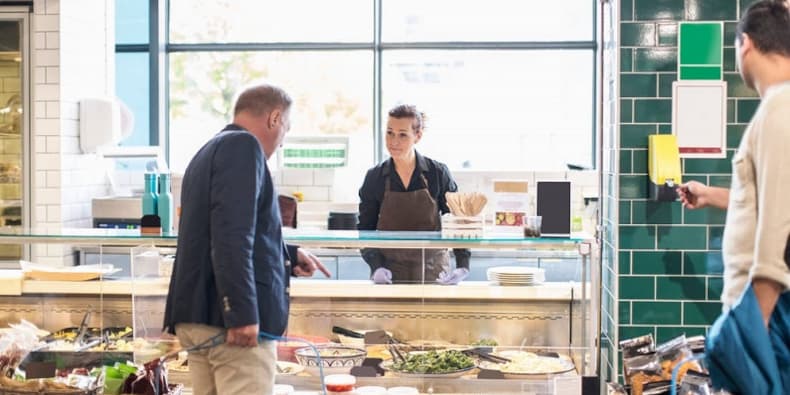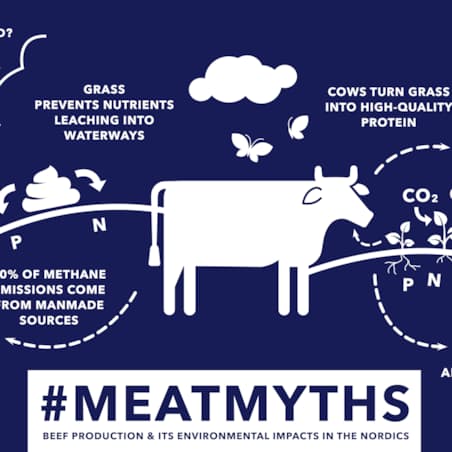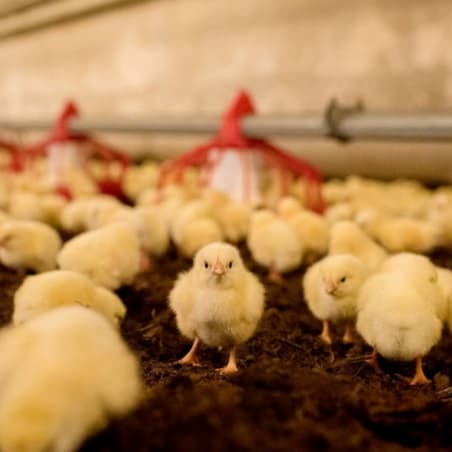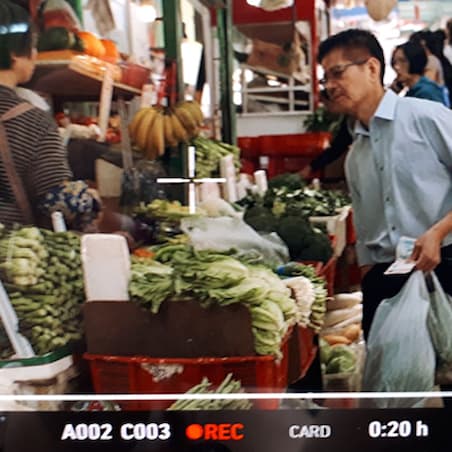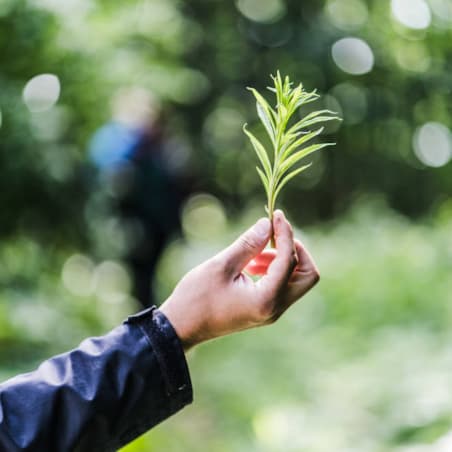Here in the Nordics we have clean nature and pure, quality food. We gathered a few great reasons to favor local food instead of imported food.
1. Support your local entrepreneurs
When you buy food that has been produced nearby, you support local entrepreneurs, local economy and security of food supply. You are possibly also supporting your neighbor’s or friend’s work place. The support means a lot, whether you buy domestic meat, greens or other products.
2. You know what you get from farm to fork
In the Nordics when you buy domestic food, you know what you get on the plate. The meat chain is traceable – all the way to the specific farm. You might have heard about the manufacturers’ production methods and values. You might even know the producer personally or someone from the food company, in which case you’ll have a direct access to ask about different details about the products. If the company is responsible and has high criteria, it’s easier to be satisfied and recommend their products.
3. Act environmentally
From the environmental point f view, it’s best to produce food as close as possible to the consumers. When we keep food production close, we don’t outsource it to vulnerable production areas, like deforestation areas or areas with lack of water.
4. Every plate is relevant
Global climate report IPCC was published in October 2018. It showed that climate change impacts are worse than expected. That’s why it’s also important to understand that every choice counts, and we can change the world with one plate at a time. Reduce your food waste and eat vegetables and protein sources (meat, fish, vegetable proteins) by the plate model.
5. Make an ethical choice
Buying locally produced food is an ethical choice. In the Nordics we respect highly the health and well-being of animals. One significant example for this is the health of HKScan's broiler chickens in Finland: the birds haven’t had to use antibiotics after 2009. Pigtails of pigs are also a signal of the well-being of animals: it’s an important welfare indicator.

